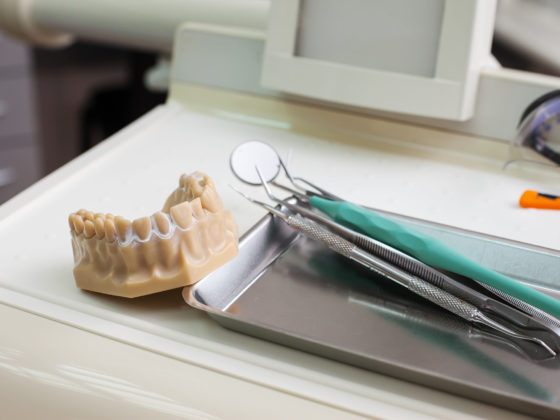
Just like the clothing we wear, smelling good is mainly for other people. We make the decision to buy clothes we like, and scents that smell good but who do they really benefit? Once the clothes are put on and you look at yourself in the mirror and are satisfied with what you see, the outfit no longer belongs to you, but rather to the people who are going to have to see you wearing it throughout the day. The same can be said about perfume and cologne; you like the scent and feel good when it’s on, but its purpose is really for the benefit of others.
Breath sprays have a similar effect. When you wake up in the morning or after you’ve had a meal with something like garlic and onions, you can sometimes get a whiff of your own breath and get a taste (literally) of what others would have to deal with if you left the problem that way. Since not all moments throughout your day are conducive for brushing, flossing or being able to take a quick rinse with some mouthwash, breath sprays have proven to be an effective way to mask odours and provide a refreshing new scent. However, they aren’t without their potential dangers.
Before you go out and start using breath sprays to help halt halitosis, do your research. There are some breath spray products that are all natural and or may include anti-bacterial or anti-plaque properties, while others include alcohol and chlorine dioxide, which can be toxic to the body if ingested in large amounts.
Try to brush and floss as much as you can (perhaps carry a travel toothbrush and floss with you as well) if you know you’re going to be consuming foods that will alter your breath for the worst. If you buy the right type and it is used sparingly, breath sprays can be useful for temporarily improving your breath, but never rely on it alone. Consult with your local Ottawa dental professional about tactics to improve your breath and make halitosis a thing of the past.


